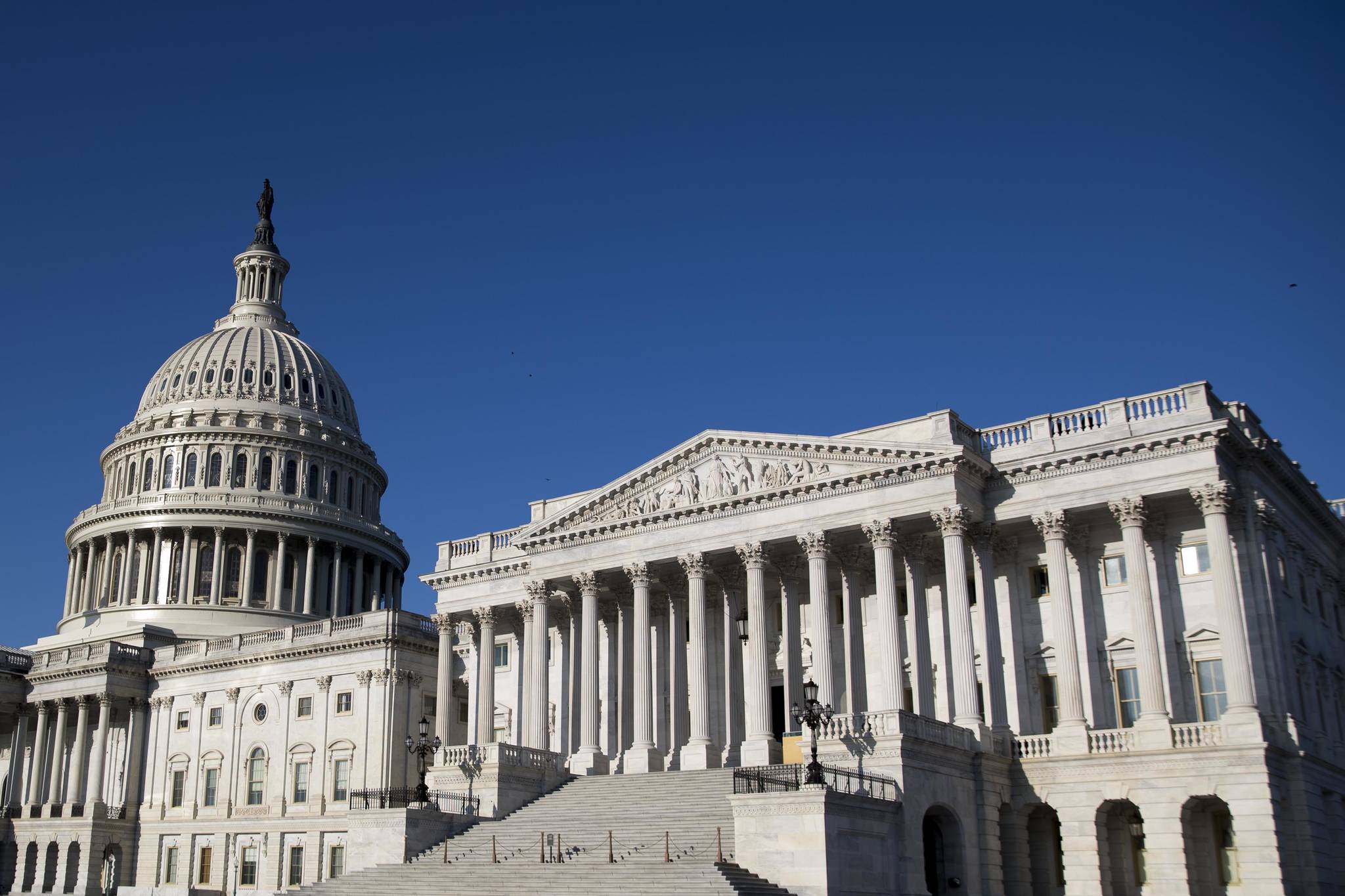COVID-19 is a public health crisis, but as it has unfolded, it has rippled out into an economic crisis, too. The stock market has been volatile, businesses are closing their doors, and millions are staying home to limit the spread of the virus. In our community, we’ve seen our small businesses and local restaurants struggle due to the mandated closures and restrictions. All of this means we on the Kenai Peninsula and people across America are feeling unprecedented economic pain.
To help, our elected leaders are planning to give money directly to the American people. Members of the Republican-led Senate, the Democratic-controlled House, and the Trump administration all put forth ideas for direct cash payments, ranging from one-time payments or monthly payments of varying sizes.
“We need cash in the hands of affected families,” said Republican Sen. Tom Cotton (R-Ark.).
“So many people in this country are worried about what happens when their mortgage/rent/car payments/bills are due,” Democratic Congresswoman Maxine Waters (D-Calif.) posted on Twitter.
In the early stages of this discussion, there were no fewer than nine proposals for direct cash payments. We’re encouraged to see the broad agreement that during a crisis, it helps to put cash in people’s pockets and let them spend it how they see fit.
When Congress turns its attention to climate change — another looming crisis — it should not forget this lesson: Direct cash payments are a simple, transparent, and fair way to support Americans when economic winds are shifting.
Climate change demands that we stop emitting greenhouse gases, which are trapping excess heat in our atmosphere and upsetting our planet’s delicate balance. America needs to move from a fossil fuel-based economy to a clean energy economy. That will be a major change, but it should not be an acute crisis like we’re in now. By planning to give cash payments to Americans, we can ensure a healthy economy while making a gentle transition to a clean energy future.
Here’s how. Congress could put a price on carbon pollution, driving our economy away from fossil fuels and toward clean energy sources, and it could rebate that money as an equal cash payment, or “dividend,” to all Americans each month.
Cash payments put Americans in the driver’s seat because they are empowered to decide how to spend it: pay bills, buy groceries, save, invest in a more energy efficient car, spend it at a local business, or anything else.
This is especially important for low- and middle-income Americans, who might otherwise struggle with cost increases as we shift to a clean energy economy. When dividends are given to everyone, low- and middle-income Americans benefit dramatically. For anyone concerned about the “least of these” in our society — who are uniquely vulnerable to both economic shocks and climate change impacts — direct cash payments are an effective tool to help meet their needs.
Finally, cash dividends are transparent and easy to track, unlike tax offsets. That visibility helps people and our elected officials stay focused on the problem at hand: right now, the pandemic. Soon, climate change.
As of this writing, Congress is working to determine a path forward to get cash into Americans’ hands during this desperate time. We hope the final result includes support for those among us who need it the most and delivers everyone cash payments through the duration of the crisis.
It’s clear that money in the hands of Americans helps keep our economy running. That’s why Congress and the President are about to use that tool in the current crisis. When we’ve dealt with COVID-19, let’s use that same tool to combat climate change.
Mark Reynolds is the executive director of Citizens’ Climate Lobby. Carrie Henson is a member of the At-Large Alaska Chapter of Citizens’ Climate Lobby residing in Soldotna.

